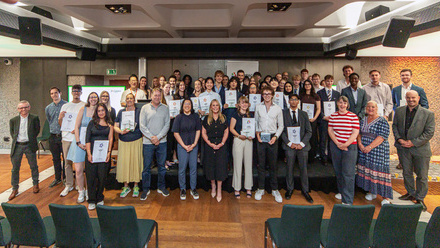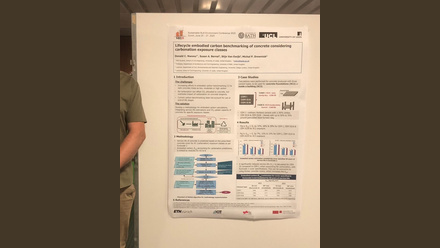Water industry facing 'engineer exodus'
New data suggest engineers are leaving for sectors such as energy.

According to a study of over 3,900 engineers from across the water industry by recruitment firm, Water by Murray, 70% of professionals are considering a move to other sectors in the next two years, with renewables, nuclear and oil and gas being the main destinations of choice.
This comes at a time when the water industry is already facing a major talent shortage, with 26% of respondents listing hiring and skills as the single largest issue facing their company.
These findings are even more concerning, given research by Stonehaven reveals that over one-fifth of the engineering workforce is set to retire by 2030.
Water by Murray’s research also reveals that 42% of engineers report not having access to relevant training that would enable them to innovate at work, with organisational structures and working cultures listed as the main factors hindering this.
Teo De La Cruz, Associate Director at Water by Murray, comments, 'We know that the majority of industries are battling skills shortages, but our labour report has shown that they are particularly acute within the water industry. This should be of significant concern, not just to the industry but to the country as a whole. The shortages are most critical amongst experienced engineers, and it’s therefore worrying that almost seven out of ten are considering roles in other sectors, on top of the one-fifth of the workforce who are set to retire in the next two years.
'In order to tackle these issues, employers, and the industry as a whole, need to think about how they can attract – and retain – engineering skills. In the short term, our report found that engineers are almost as equally motivated by job satisfaction as they are by pay, showing that rate increases alone won’t do the job.
'Instead, there needs to be a more tailored and invested approach to recruitment and retention. Employers must do more to communicate their employee value proposition and respond to the individual motivators of engineers, if they want to attract and retain staff in the face of significant competition.'







